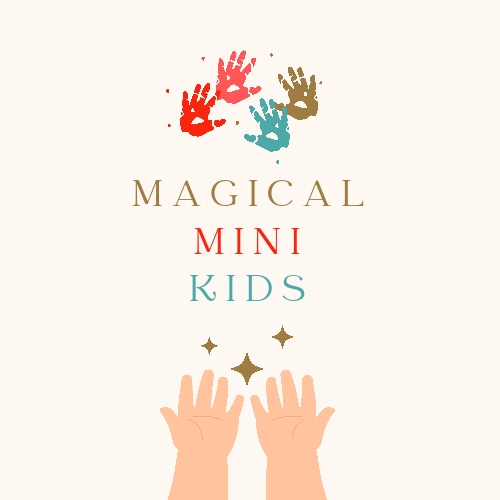Early maths skills are one of the strongest predictors of future academic success.
Research shows that children who develop strong number sense in preschool and kindergarten are better equipped to handle complex maths and problem-solving tasks later in school.
But here’s the best part—teaching early maths doesn’t have to be complicated.
Through everyday activities, games, and exploration, children naturally learn how numbers work, patterns form, and shapes connect.
What Is Early Maths?
Early maths goes beyond counting to ten. It includes:
- Number sense-understanding what numbers mean and how they relate to each other
- Patterns and sequencing -recognising repeating elements and predicting what comes next
- Measurement and comparison-using language like “bigger,” “shorter,” and “more than”
- Shapes and spatial awareness-identifying and describing shapes, directions, and positions
These skills form the building blocks for problem-solving, reasoning, and logical thinking later in life.
Fun Ways to Teach Early Maths at Home or in the Classroom
Here are some playful, hands-on strategies for introducing maths concepts to young learners:
1. Count Everything
Turn daily routines into maths lessons. Count toys, snacks, or steps on the way to the car. Use questions like:
“How many apples do we have?”
“Can you give me two blocks?”
2. Use Maths Talk
Talk about maths concepts as you go about your day:
“That tower is taller than the other one!”
“Let’s share these cookies so we each have the same amount.”
3. Play with Shapes
Use puzzles, building blocks, or drawing to teach shape recognition. Encourage your child to name and compare shapes—triangles, circles, squares, and rectangles.
4. Explore Patterns
Patterns are everywhere—clothing, tiles, music, and nature. Have children create and extend patterns with beads or coloured blocks.
5. Cook Together
Measuring ingredients introduces fractions, quantities, and sequencing in a fun, meaningful way.
Digital Tools and Maths Games
- In today’s digital world, there are many interactive maths apps and online games that make early maths exciting. Look for tools that promote:
- Problem-solving rather than memorisation
- Visual learning (like number lines or ten frames)
- Step-by-step reasoning
Tips for Teachers and Parents
- Keep it hands-on. Young children learn best through doing.
- Encourage mistakes. Struggling is part of learning—praise effort, not just right answers.
- Use real-world examples. Connect maths to familiar experiences like grocery shopping or cooking.
- Be positive. Avoid saying “I’m not good at maths.” Your attitude shapes how children feel about learning it.
Start small, make it fun, and watch your child’s maths confidence grow!
Take a look at some of our instant downloadable Early Maths Resources

